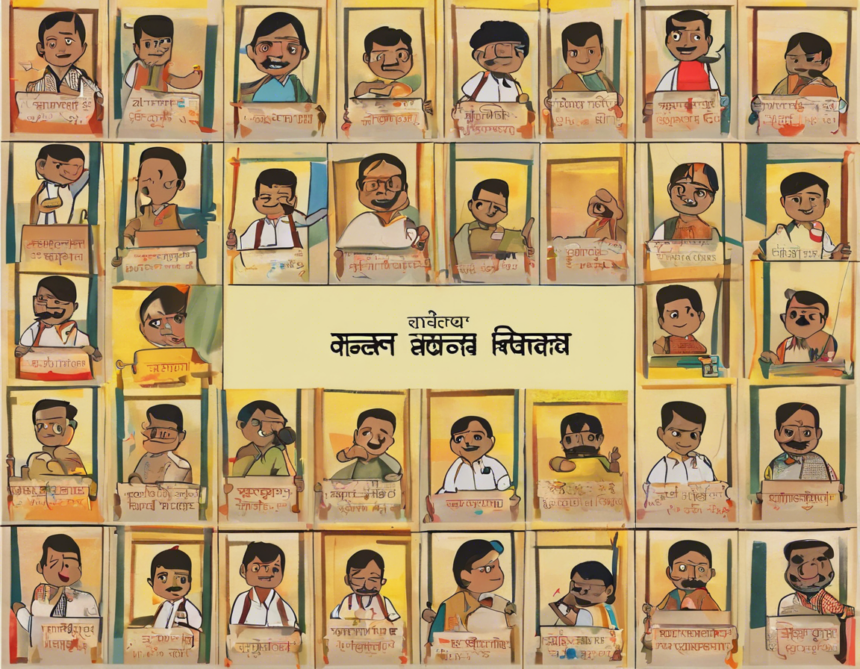Introduction
Hindi Diwas, also known as Hindi Day, is celebrated every year on September 14th to commemorate the adoption of Hindi written in Devanagari script as the official language of India. This day holds significant cultural and historical importance for the people of India, as it honors the language that serves as a unifying force among the diverse linguistic landscape of the country. In this article, we will delve into the significance of Hindi Diwas, its history, the spread of Hindi, and the efforts to promote and preserve this rich language.
History of Hindi Diwas
The roots of Hindi as a language can be traced back to the ancient Indian scriptures and texts. Over time, Hindi evolved as a language influenced by various dialects and languages, eventually leading to its recognition as one of the 22 scheduled languages of India. The adoption of Hindi as the official language of India took place on September 14, 1949, under the Indian Constitution.
Significance of Hindi Diwas
Hindi Diwas is not just a celebration of a language; it is a celebration of India’s rich cultural heritage and diversity. By honoring Hindi on this day, we pay tribute to the language that has played a crucial role in uniting the different states and regions of India. Hindi serves as a common language that enables communication and understanding among people from various linguistic backgrounds.
Spread of Hindi
Hindi is spoken by a significant portion of India’s population and serves as the primary language in states such as Uttar Pradesh, Bihar, Rajasthan, Madhya Pradesh, and others. With the widespread popularity of Hindi movies, music, and literature, the language has gained recognition not only within the country but also internationally. Hindi is also one of the languages used in the United Nations and serves as a vital means of communication for the Indian diaspora around the world.
Efforts to Promote Hindi
Various initiatives and programs have been undertaken to promote and preserve the Hindi language. The Government of India has established institutions such as the Central Hindi Directorate and the Central Hindi Institute to promote the learning and use of Hindi. Additionally, Hindi Diwas celebrations in schools, offices, and communities serve as a platform to raise awareness about the importance of the language and its contribution to India’s cultural tapestry.
Challenges Faced by Hindi
Despite its widespread usage, Hindi faces certain challenges in today’s globalized world. The influence of Western languages, the dominance of English as a global language, and the rapid changes in communication technologies pose challenges to the preservation and promotion of Hindi. Efforts are being made to adapt Hindi to modern contexts through the use of technology and digital platforms.
FAQs:
1. Why is Hindi Diwas celebrated on September 14th?
Hindi Diwas is celebrated on September 14th to commemorate the day when Hindi was adopted as the official language of India in 1949.
2. How is Hindi Diwas celebrated in India?
Hindi Diwas is celebrated in schools, government offices, and communities across India with cultural programs, competitions, Hindi language workshops, and seminars highlighting the importance of the language.
3. What is the significance of Hindi as a language in India?
Hindi serves as a unifying language in India, bridging the linguistic diversity of the country and enabling communication among people from different states and regions.
4. What are some initiatives to promote Hindi language learning?
The Government of India has established institutions such as the Central Hindi Directorate and the Central Hindi Institute to promote Hindi language learning and usage.
5. How has Hindi influenced Indian culture and art?
Hindi language and literature have played a significant role in shaping Indian culture, art, music, cinema, and literature, contributing to the rich cultural heritage of the country.


Leave a Reply